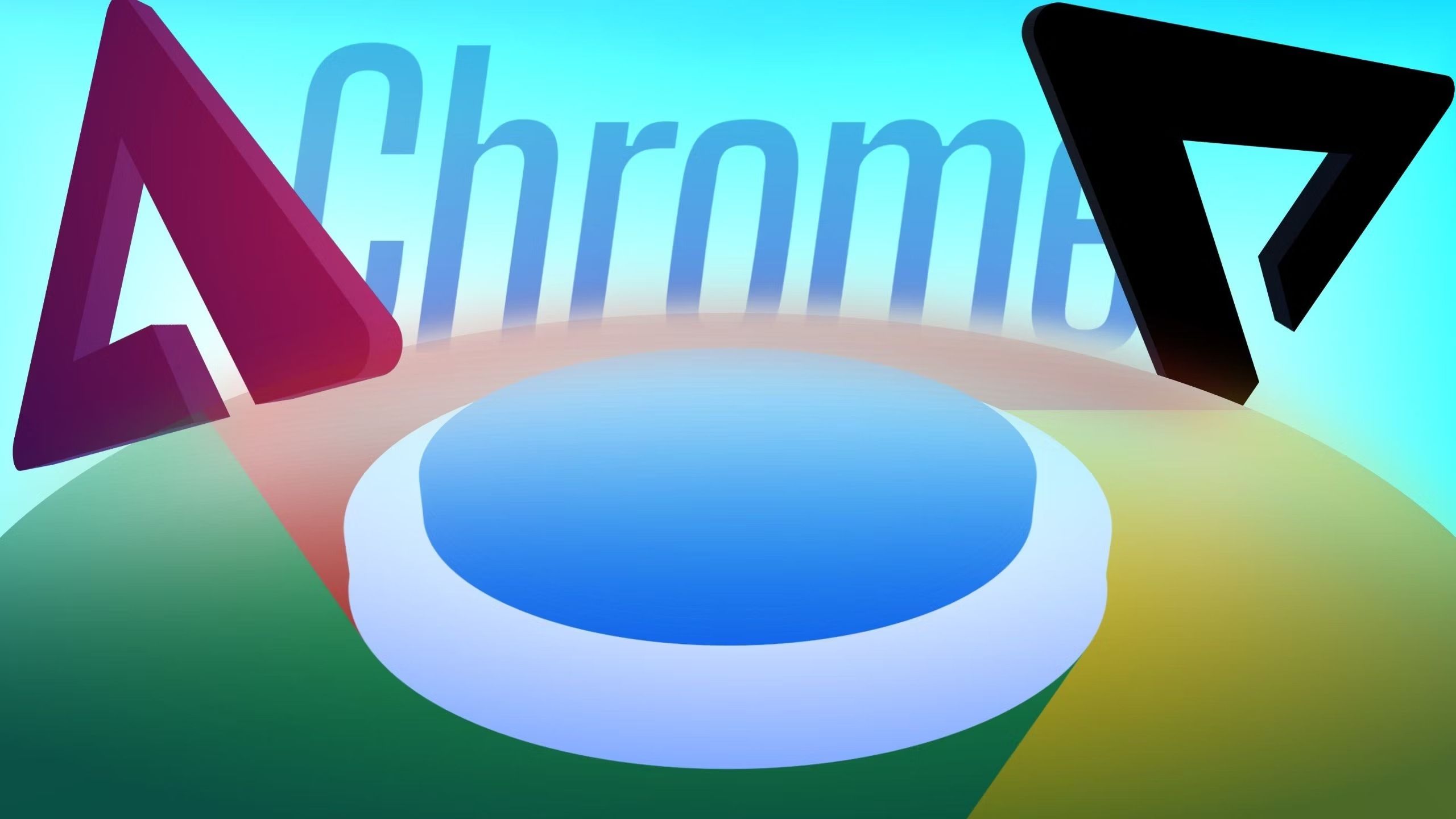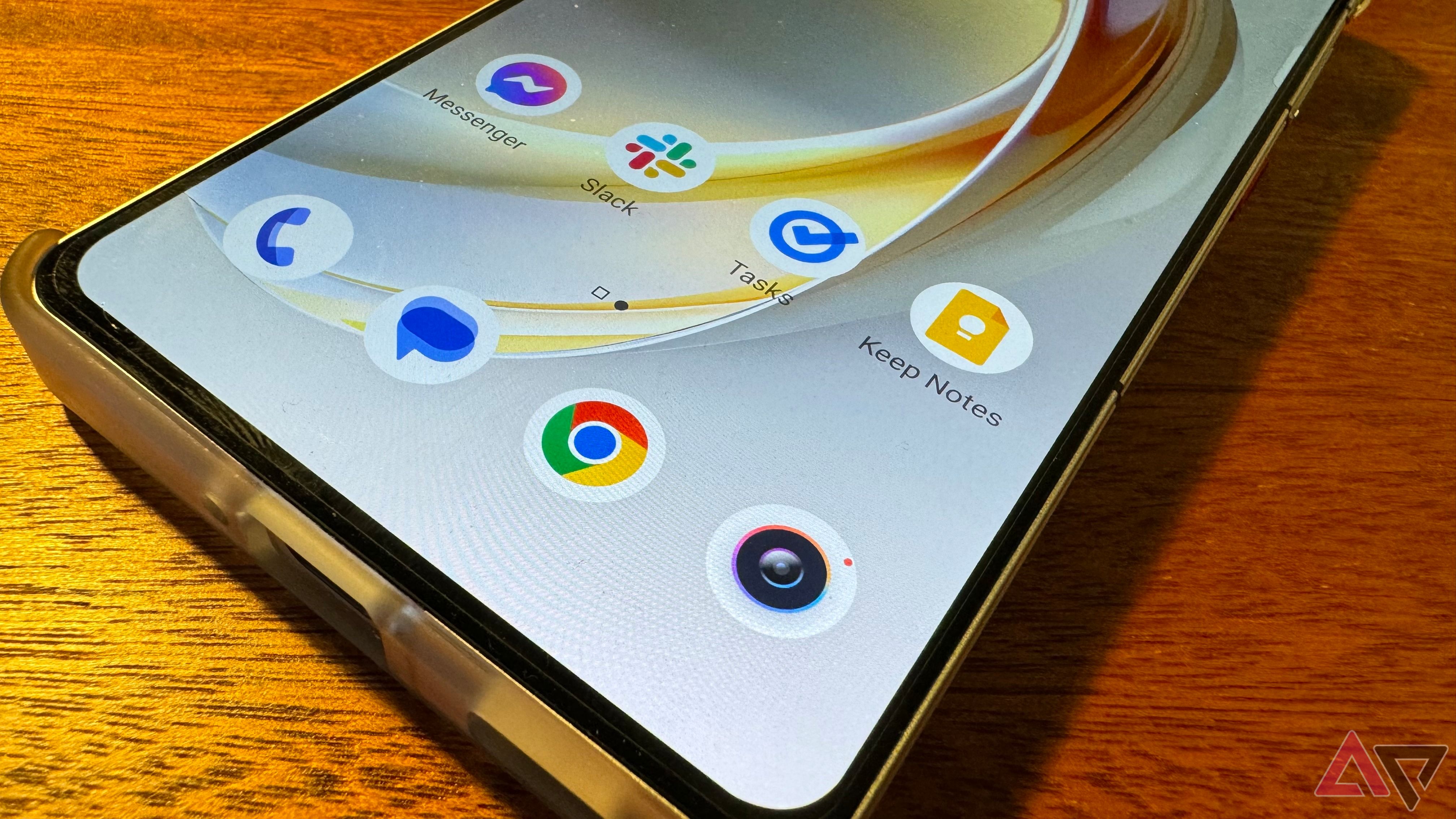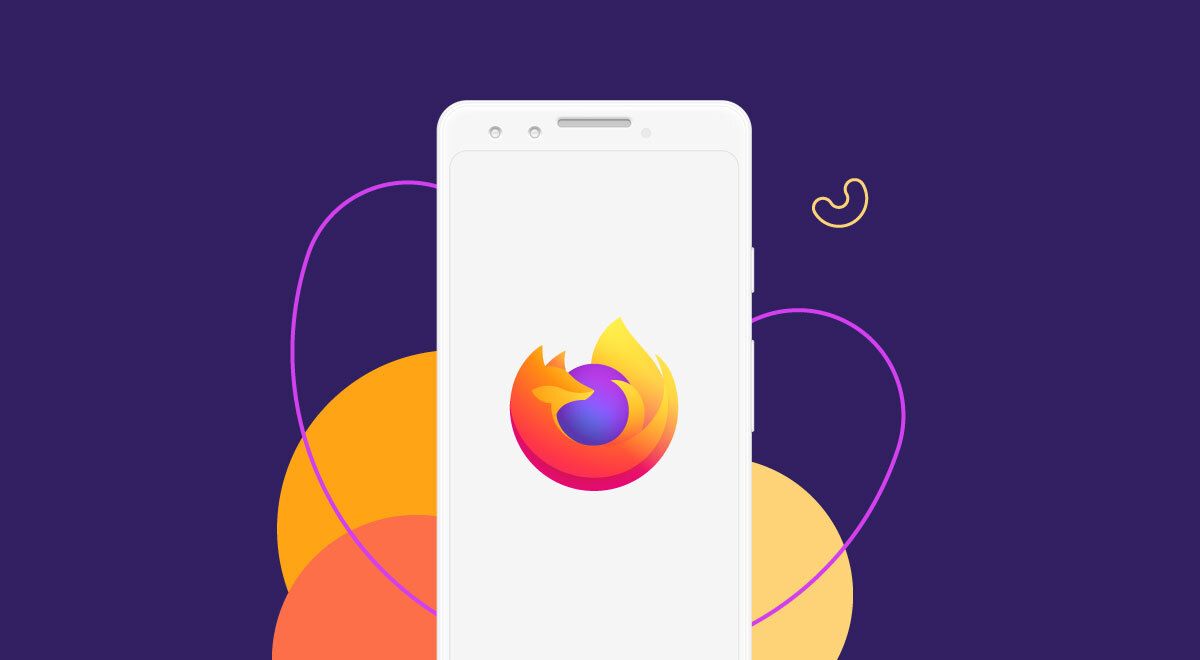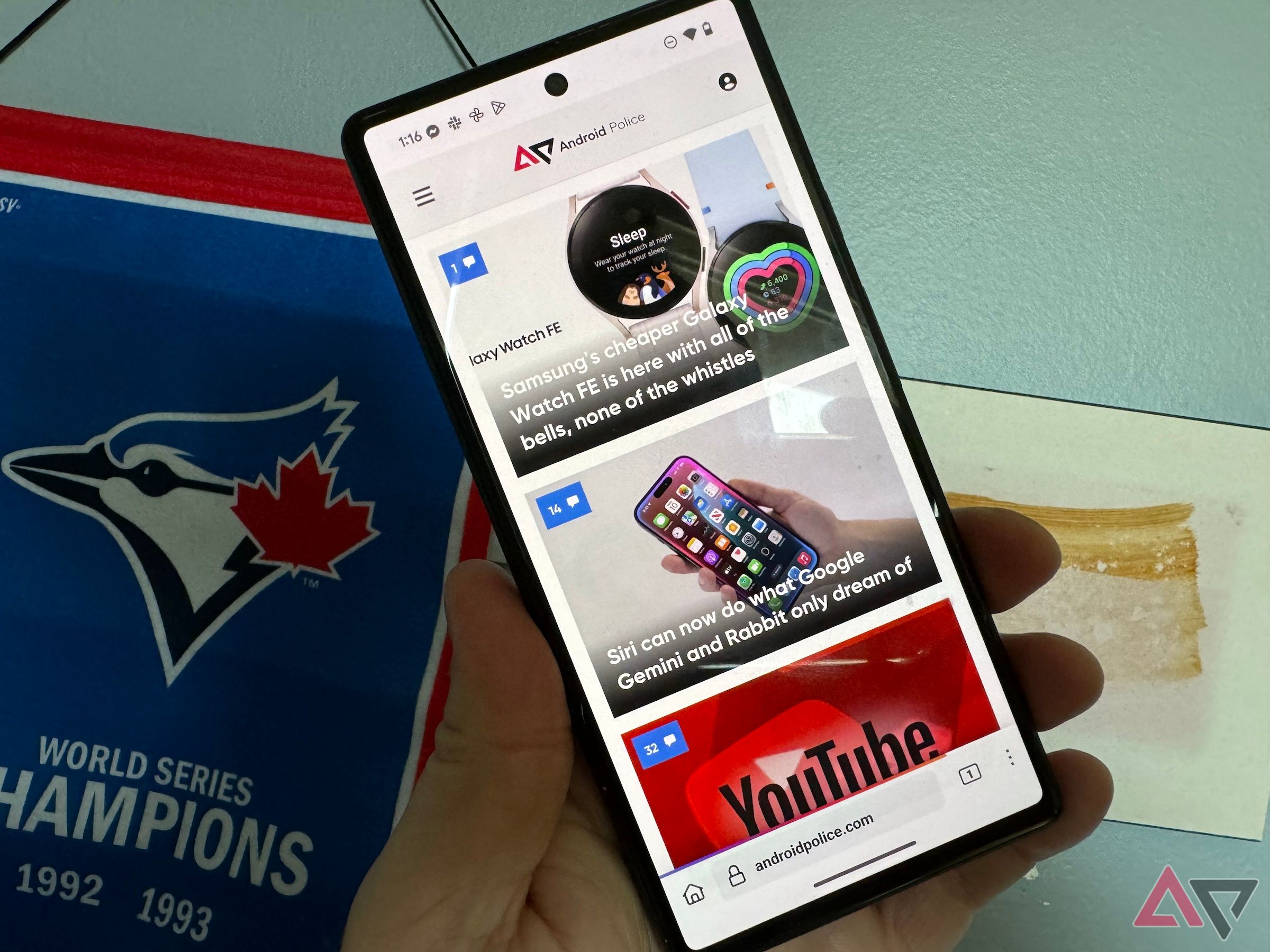Samsung mobile browser has adblocking?
Yes
Samsung mobile browser has adblocking?



Will this affect Brave browser? YouTube plays on there with no extension and no ads.
Google Chrome warns uBlock Origin may soon be disabled
Google Chrome is now encouraging uBlock Origin users who have updated to the latest version to switch to other ad blockers before Manifest v2 extensions are disabledwww.bleepingcomputer.com
Google Chrome warns uBlock Origin may soon be disabled
By Sergiu Gatlan
August 2, 2024
04:05 PM
19

Google Chrome is now encouraging uBlock Origin users who have updated to the latest version to switch to other ad blockers before Manifest v2 extensions are disabled.
As uBlock Origin lead developer and maintainer Raymond Hill explained on Friday, this is the result of Google deprecating support for the Manifest v2 (MV2) extensions platform in favor of Manifest v3 (MV3).
"uBO is a Manifest v2 extension, hence the warning in your Google Chrome browser. There is no Manifest v3 version of uBO, hence the browser will suggest alternative extensions as a replacement for uBO," Hill explained.
"uBO Lite (uBOL) is a pared-down version of uBO with a best effort at converting filter lists used by uBO into a Manifest v3-compliant approach, with a focus on reliability and efficiency as has been the case with uBO since first published in June 2014."
Google Chrome users are also warned to remove or replace the uBlock Origin ad blocker with similar extensions.
A "Find alternative" link also sends them to this Chrome Web Store page, which advises them to switch to uBO Lite, Adblock Plus, Stands AdBlocker, or Ghostery.
Google Chrome uBlock Origin MV3 warning (BleepingComputer)
Warning showing up next to all MV3 extensions
However, uBlock Origin users aren't the only ones seeing this warning banner, as it's now displayed on the chrome://extensions page for all MV2 extensions after updating to Chrome version 127. Users in the Chrome Beta, Dev, and Canary channels have been seeing these warnings since June 3, 2024.
Over the coming months, Google will disable extensions that have remained on the MV2 platform and ask users to choose an MV3 alternative.
While users will still be able to re-enable their MV2 extensions temporarily, this option will eventually be removed.
"This will be followed gradually in the coming months by the disabling of those extensions. Users will be directed to the Chrome Web Store, where they will be recommended Manifest V3 alternatives for their disabled extension," Google explains in the MV2 deprecation timeline.
"For a short time after the extensions are disabled, users will still be able to turn their Manifest V2 extensions back on, but over time, this toggle will go away as well."
The company adds that these changes will be rolled out to all users in the Chrome Stable channel over the coming months, with the goal of completing the transition to the MV3 standard by the start of 2025.
Enterprise MV2 deprecation starting in June 2025
Enterprises using the ExtensionManifestV2Availability policy, which enables them to control Manifest v2 extension availability on Linux, Mac, Windows, and ChromeOS, will be exempt from any browser changes until June 2025, when the Chrome MV2 deprecation enterprise rollout begins.
Google announced the rollout of the Manifest V3 extensions platform with the release of Chrome 88 in December 2020.
This new framework also introduced major technical challenges for extension developers, especially for those requiring greater control over web browser functions such as ad blockers, forcing them to create new extensions with limited capabilities (like Hill's uBlock Origin Lite).
uBlock Origin's developer has also created a FAQ explaining the differences between the Manifest V2 extension and the new Lite Manifest V3 version.
Does it play YouTube with no ads?Threw Firefox to the bushes when all of the extensions no longer worked.
Samsung internet ever since.
There are ads, but I pay for YouTube premium anyway.Will this affect Brave browser? YouTube plays on there with no extension and no ads.
Does it play YouTube with no ads?
Will this affect Brave browser? YouTube plays on there with no extension and no ads.
Does it play YouTube with no ads?







